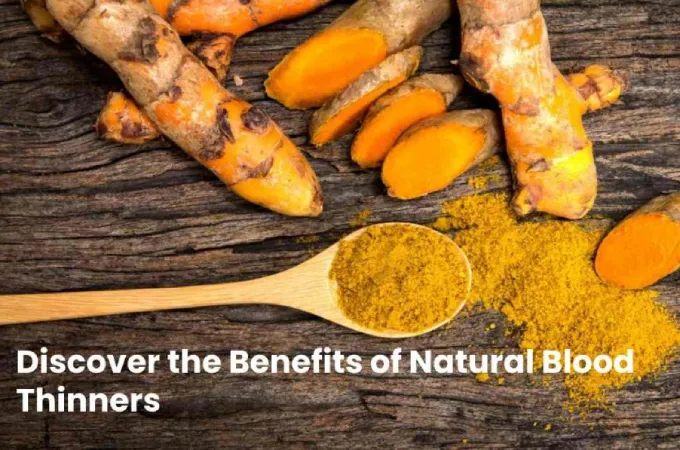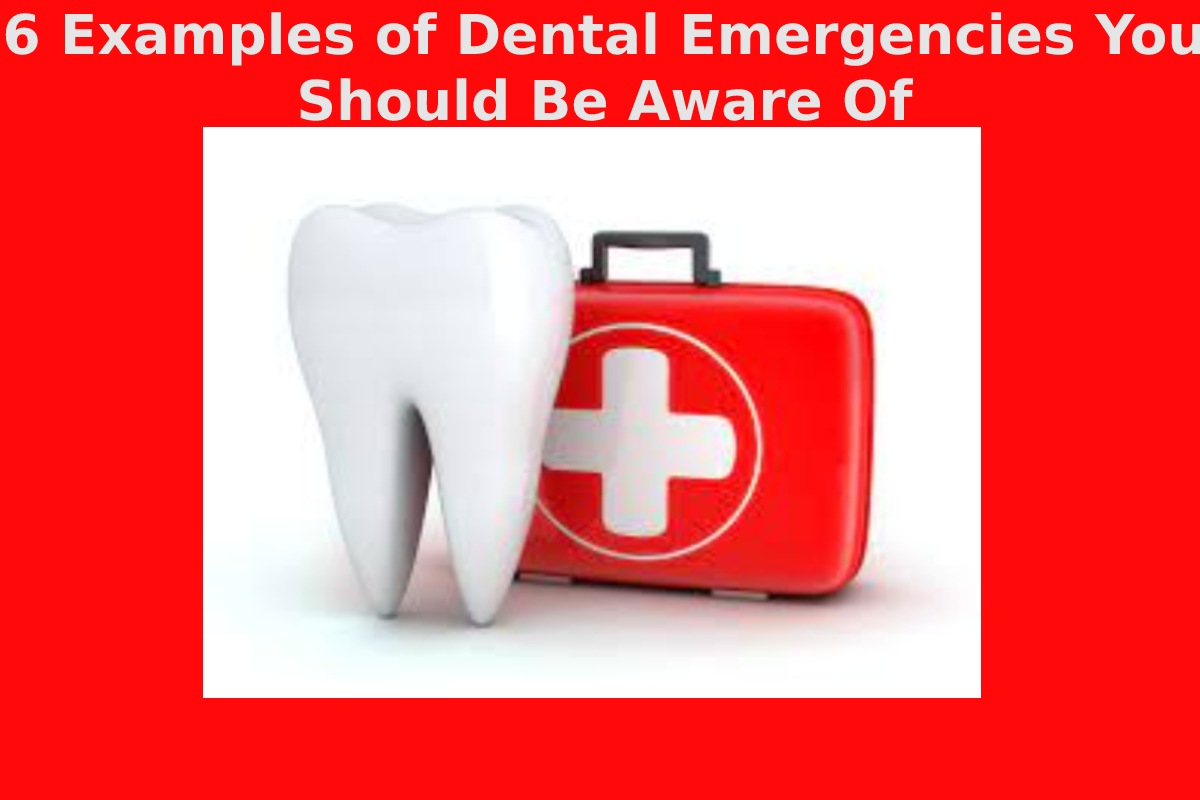What do garlic, blood clots, and herbal teas have in common? The answer is that they are all related to blood thinners! In this article we’re going to talk about all things blood thinners: what they are, what they’re used for, what forms they can take (like natural blood thinners!), and what ingredients to avoid when you’re taking blood thinners. By the end of your reading, you’ll have a great understanding of everything you need to know about the benefits of natural blood thinners, and you’ll be able to decide whether natural blood thinners are right for you
Of course, always talk to your health practitioner about making any changes to your health routine, especially when looking into adding naturally occurring medicines like blood thinners, as you want to ensure you aren’t taking a dangerous dosage by mistake. And don’t forget to watch for where we address garlic, blood clots, and herbal teas in the article so you understand how they relate.
Table of Contents
The Circulatory System: A Brief Review
In order to ensure there isn’t any confusion about the use of blood thinners, let’s review some basic science of the body. The circulatory system is the process of blood circulating throughout the body so it reaches all the extremities and fuels them with oxygen. But even more than circulating oxygen, the blood cells also carry hormones and nutrients to the rightful locations and remove the buildup of toxins and waste. Blood flows through blood vessels which can expand or contract to make the flow more or less smooth of a process; it flows from the heart to the lungs to the rest of the body and then returns back to the heart to repeat the order, all while your heart pumps away at a pace of up to 100 bpms (more or less).
What Are Blood Thinners?
Blood thinners are medicines that can quite literally help to thin the blood so it flows smoothly in your circulatory system (these are also called antiplatelets). Other forms of blood thinners don’t thin the blood but work to slow down the time it takes for clots to form (known as anticoagulants). Both types of blood thinners help to prevent the forming of blood clots by ensuring that blood moves around the body as it should; they can also treat pre existing blood clots by preventing them from worsening in size and severity. In general, blood thinners and the term anticoagulants are interchangeable in meaning; anticoagulants roughly translates to “against curdling” which nicely sums up what they do.
How Do Blood Clots Play a Role?
So what are blood clots? Just as they state in their name, they are clumps of blood that collect together. Having thicker blood increases the likelihood of getting clots, which is why blood thinners are beneficial in preventing and monitoring blood clots. Although there’s a normal amount of clotting that our bodies are designed to implement–for example, clotting blood at the site of a wound so you don’t keep bleeding forever–there are also threatening instances of blood clotting. These include when clots prevent blood (and it’s supply of oxygen) from flowing through the body to the main organs. An extremely dangerous place where we can experience blood clots is in the arteries carrying blood from the heart. Without your heart smoothly pumping blood throughout the body, you can’t function correctly. These types of blockages can
Who Should Take Blood Thinners?
Blood thinners are designed to help those who are at risk of blood clots hindering the proper flow of blood through their bodies–such as those who are susceptible to strokes or heart attacks, or who have a history of experiencing either. Blood thinning medication is prescribed by doctors to those who must be treated against severe blood clots, or those with circulatory issues such as disease of the blood vessels or irregular heart rhythm. However, there are also certain foods with natural anticoagulation properties that can be right for a variety of situations.
For example, those who are taking blood thinning medication may be told to also eat a diet rich in anticoagulant foods for extra protection against blood clots. Or perhaps someone who doesn’t need to take an anticoagulant drug but has a history of heart disease needs to eat a variety of natural blood thinning foods. However, never should you attempt to create your own anticoagulant treatment plan, even with natural blood thinners. Always consult with your doctor, as blood circulation problems can be serious!
Natural Blood Thinners
These foods are thought to naturally help prevent against your blood’s ability to clot:
● Ginger
● Vitamin E (such as in almonds, sunflower seeds, peanut butter, spinach, or oils)
● Turmeric
● Garlic
● Cayenne peppers
● Bromelain (such as in pineapples)
Remember that some clotting is good, so you never want to overdose on any kind of anticoagulant, as it could impair your body’s ability to clot in the necessary ways; this can result in excessive internal and external bleeding when wounded!
Benefits of Natural Blood Thinners
Natural blood thinners are pretty amazing because they’re foods you might already regularly enjoy as part of your diet, but they’re doing more than just nourishing your body; they’re also helping to keep your blood flowing smoothly.
Another benefit is the way that foods rich in coagulating properties are all-natural and good for you in multiple ways. Those who are hesitant about taking over the counter medicines may feel more comfortable with all-natural ingredients.
And natural blood thinners do not put much strain on your wallet because they’re ingredients you can easily find in the grocery store for reasonable prices.
A Caution About Blood Thinners
Certain ingredients can negatively react to blood thinners, both natural anticoagulants and prescribed medicines. These include herbs such as those found in herbal teas or natural herbal supplements. They can either lessen the effectiveness of blood thinners or actually complicate their function in your body; one common side effect is their role in causing a dangerous spike in how much you bleed.
Takeaway
You may not have known about the use of blood thinners before, but now that you understand how your circulatory system operates and the role blood thinners play in ensuring a smooth flow of blood from the heart to the rest of the organs and back again, you don’t have to fear blood clotting because you know there is both medicinal and natural prevention!


